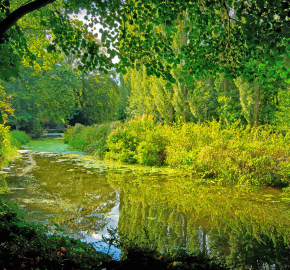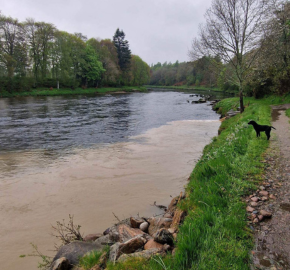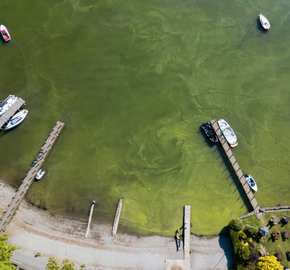We Get the Environment the Treasury is prepared to pay for…
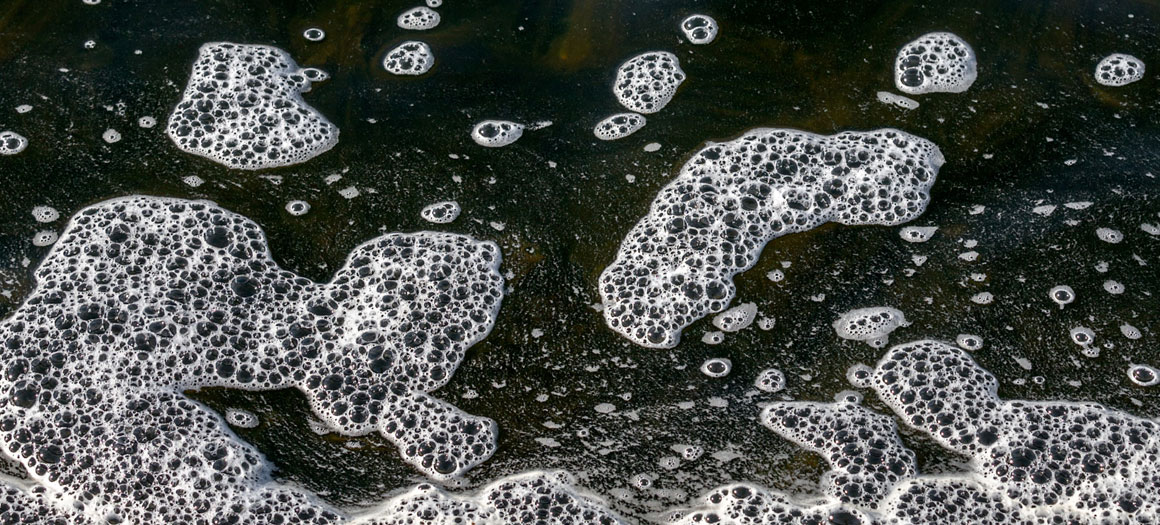
In January, journalist Rachel Salvidge revealed that the Environment Agency (EA) had decided not to attend category 3 or 4 pollution incidents. We were utterly shocked by this revelation, published in the ENDS Report.
To protect our rivers, we need an Environment Agency which is resourced to investigate so-called less serious pollution events.
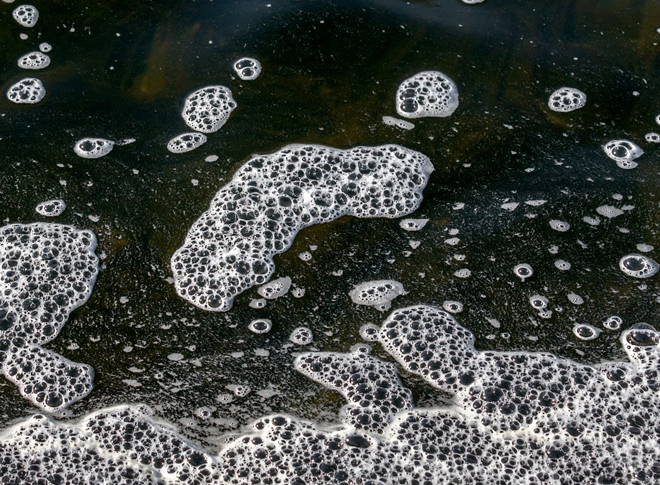
Investigating category 3 or 4 pollution incidents
Without investigation the impact of a pollution incident is unknown. We don’t know how serious these events are unless they are investigated, and they may be part of a pattern. No investigation means there is no judgment made or record kept.
The Treasury is not funding the environment agency to do its job
In January 2022, we made a request for information to the EA to understand why the incident response process was being dismantled. They took an age to respond. We finally received a response on 23rd May 2022 – over four months after we filed our request.
From the response provided, we can conclude that the EA’s decision has been taken in recognition that the grant-in-aid funding from Defra no longer covers their incident response as it used to.
What the environment agency told us:
“We are not sufficiently funded to continue to do this work as we have in the past. Incident response is grant-in-aid activity, which has shrunk 90% over the last ten years in real terms. At the moment we are cross-subsidising environment management incident response activity with charge-funded money valued at around £12 million. There are reputation and legal risks with carrying on as we are. We are effectively breaking Treasury rules for managing public money by not spending our money where we should be. In successive spending reviews we have approached Defra to try and secure more GIA funding and failed. In the Spending Review SR20 [redacted name here probably Sir James Bevan] said to the Secretary of State that we would stop activity if it was not funded. We need to follow through on that statement, because we do not have the funding and capacity to continue. We also risk jeopardising our credibility in future SR discussions.”
It is quite an admission that the EA has been “effectively breaking Treasury rules” to try to shore-up its pollution response activities.
It is also quite clear that Sir James Bevan’s call to Ministers that “we get the environment we pay for” has resulted in this response
Determining the severity of a pollution incident
What is notable is the absence of any discussion about how reported pollution incidents are to be ‘triaged’ correctly.
The bulk of the documentation supplied to us enables EA staff to deal with complaints they feel they will receive because of not responding to reports of pollution incidents. They highlight anglers as a particular source of those complaints.
The EA’s Incident Triage Project Briefing to its own staff particularly states that Environment Officers are now required to:
“not routinely spend time on category 3 or category 4 incidents that don’t relate to a permitted site or water company.”
Staff must:
“close the non-permitted site or non-water company category 3 or 4 incident reports as unsubstantiated with no further detail”.
This is particularly concerning as it appears that category 3 pollution incidents will have no further detail recorded. There will be no paper trail or record, should category 3 incidents become regular events, or cumulatively cause damage to receiving waters, ecological status (under the Water Framework Directive) or to protected areas.
So, there we have it.
The Agency is being starved of the resources to do its job, and as a result rivers will suffer.

